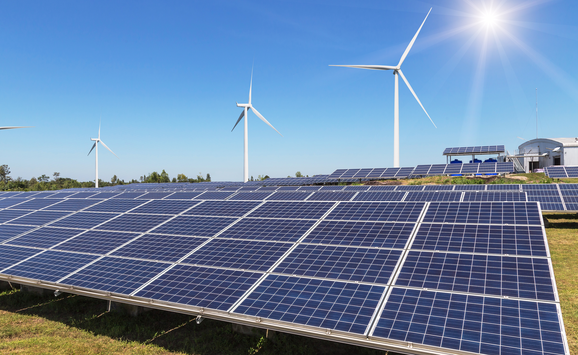From March 29 to April 8, diplomats met in Bonn, Germany to prepare for the COP-15 conference in December that is to decide where international climate policy will go from here.
The current agreement, the Kyoto Protocol, expires in 2012. Scientific evidence indicates that the process of global warming is moving more rapidly than most models had predicted and this acceleration is putting pressure on negotiators.
At Bonn two working groups considered the broad range of technical, financial and legal issues that a new climate treaty will raise. The working groups will reconvene in June in the same location.
But looming over these talks is the political reality that the Kyoto Protocol did not affect any of the countries that are the leaders in emitting the greenhouse gases responsible for warming. Kyoto put binding emissions limits only on three dozen industrialized countries, not including the United States which, under the Bush administration, refused to join. No constraints are placed on developing countries such as China, which has now surpassed the United States as the greatest source of emissions of carbon dioxide, the most important of the greenhouse gases.
The main job of the December conference will be to craft a treaty that the American Congress and the major developing countries—-led by China, India and Brazil—will support.
For a commentary that weighs the urgency of bringing the developing countries into an emissions regime, read “Stabilizing Atmospheric CO2 with Incomplete International Cooperation.”




